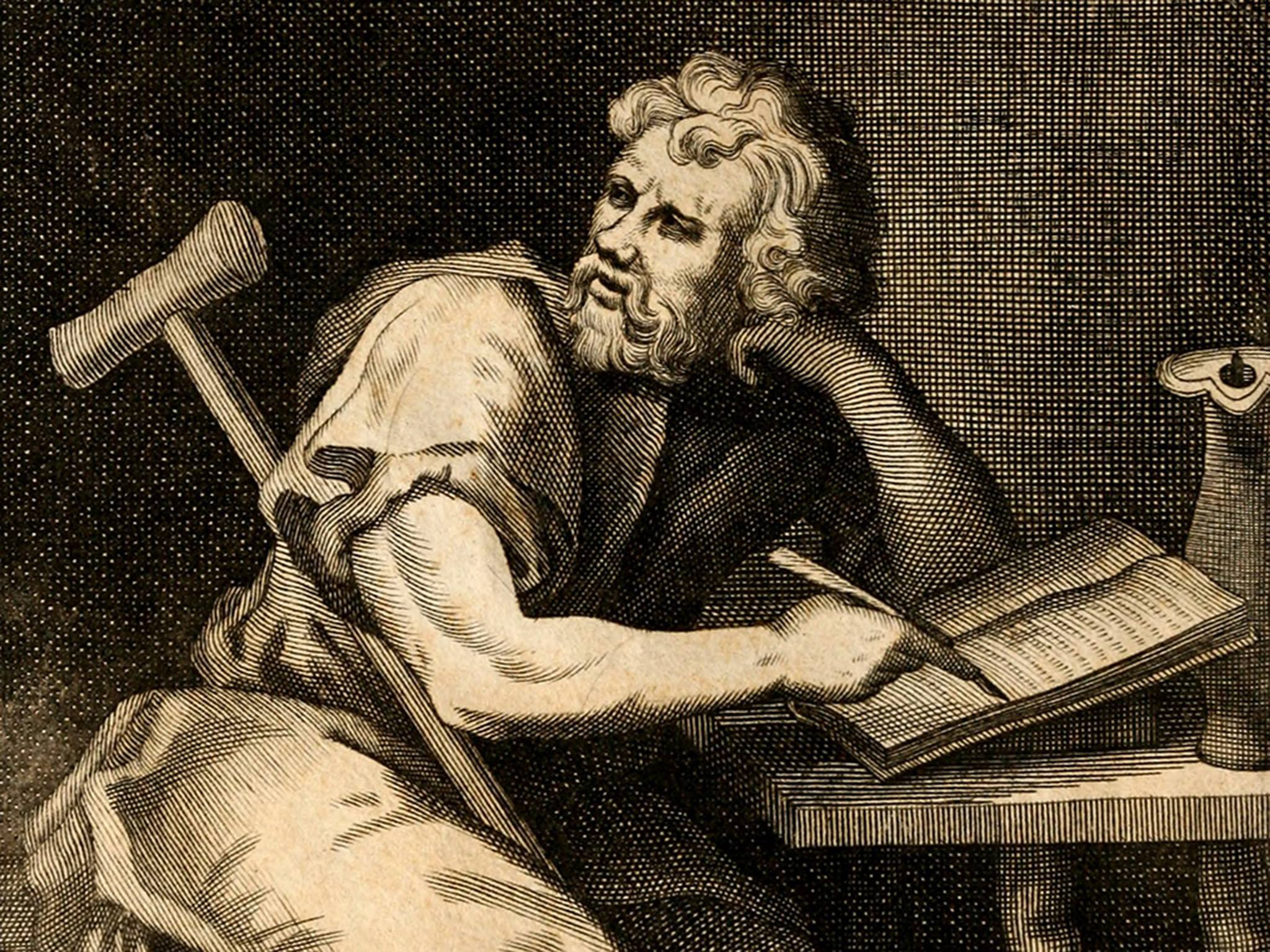In his Meditations, Marcus Aurelius thanks his teacher, Junius Rusticus, for lending him Epictetus’ Discourses. The three Stoic rules of life or disciplines in Marcus Aurelius’ Meditations come from Epictetus. They are inner attitudes related to the three Stoic acts of the soul in Epictetus’ Enchiridion. Thus they are the key to unlocking both works.
Photo courtesy of Wikimedia Commons
I discovered the three Stoic acts of the soul in Epictetus’ Enchiridion right after I discovered the three Stoic rules of life or disciplines in Marcus Aurelius’ Meditations in The Inner Citadel by Pierre Hadot. Though Hadot mostly cites Epictetus’ Discourses, the Enchiridion is an epitome of the Discourses, and Hadot does cite Enchiridion I, 1.
The three stoic acts of the soul in Epictetus’ Enchiridion are explicit in I, 1:
“Of things some are in our power, and others are not.”
1. Judgment. “In our power are opinion, . . .”
2. Impulses toward action. “. . . movement toward a thing, . . .”
3. Desire. “. . . desire, aversion (turning from a thing); . . .”
“. . . and in a word, whatever are our own acts. Not in our power are the body, property, reputation, offices (magisterial power), and in a word, whatever are not our own acts.”
Question: In what passages in the Enchiridion do you find the three Stoic acts of the soul?








